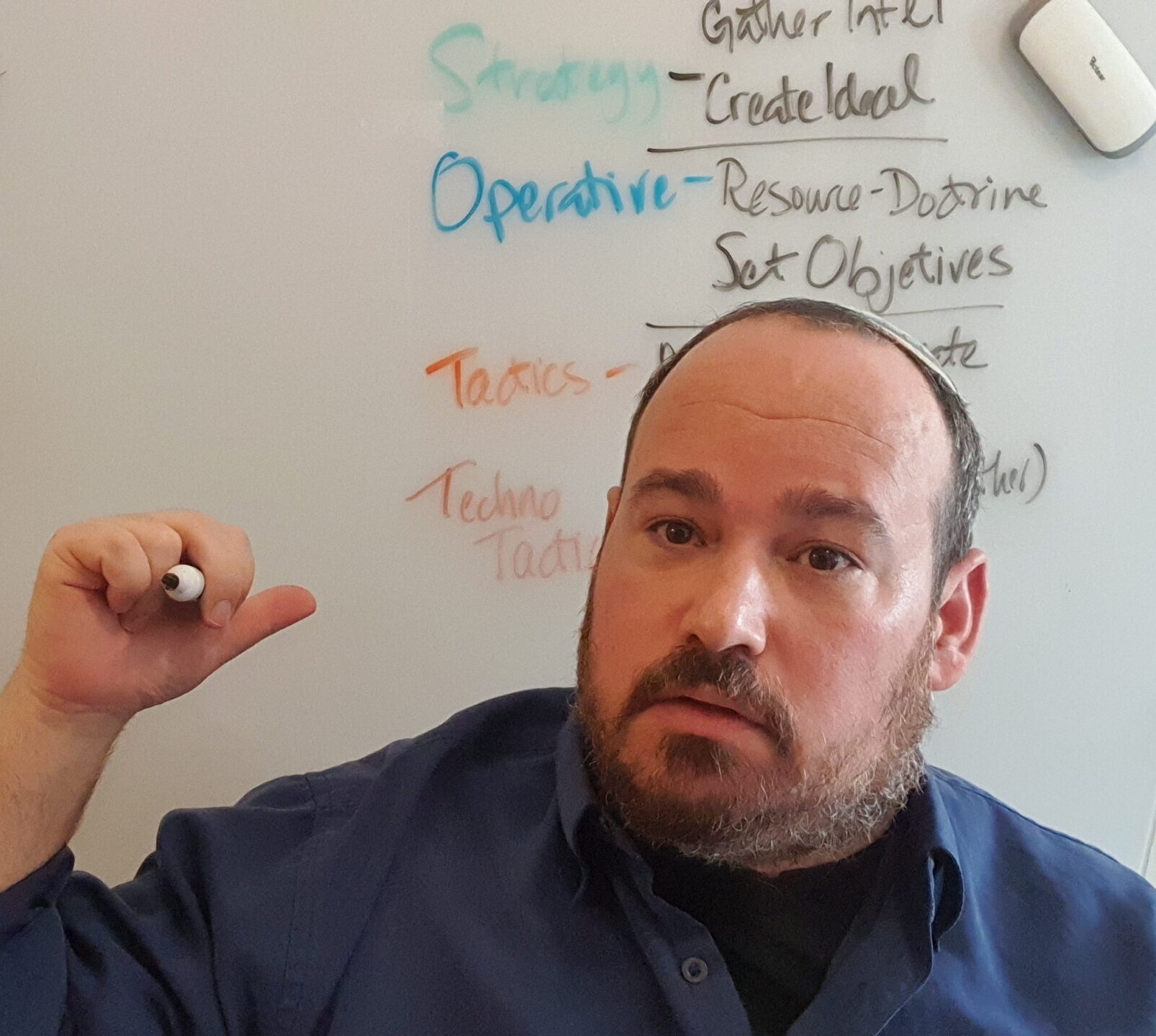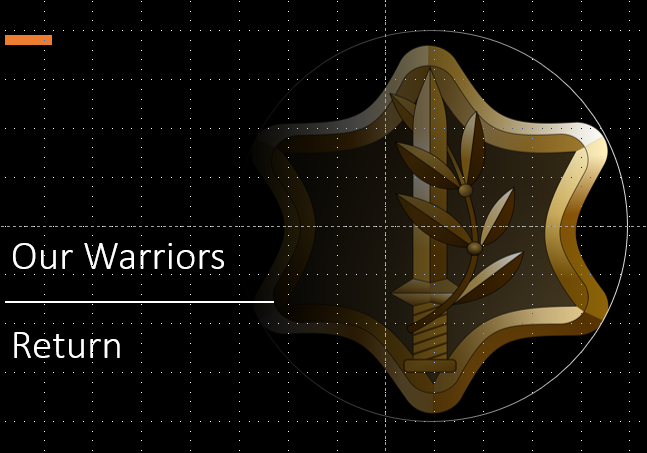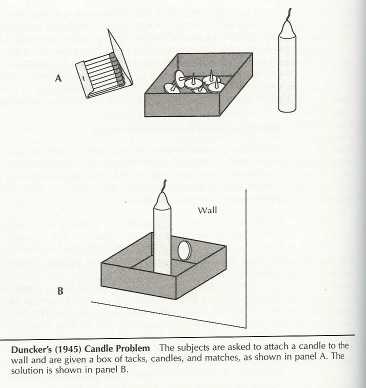

What is strategy and why is it important?
Thoughts on Strategy

When They Come Home
A guide for leaders and HR professionals We need to take active steps supporting the return of disabled and re-integrated Warriors. Being prepared for the

Functional Fixedness In your Work
Are you suffering from Functional Fixedness about your role and position? Functional fixedness is a cognitive bias that impacts an individual’s ability to be creative. When we discuss
Culture is Key
Culture is central to doctrine. Doctrine determines strategic worth and how we will engage with others – it determines our “brand”. Brand shows leadership to
Surprise
Well, that was unexpected. How many times have you found yourself saying that? Have you ever really thought about surprise? The different types and how
The Creative Process
What are the stages of a Creative Process? Well, that depends on whom you ask. If you’ve read Simon Sinek’s Start with Why, he argues
Discovering Doctrine
First and foremost, doctrine is the means by which we determine heroism. It is how we establish the limits of acceptable and needed behavior given
Consider This
Strategy is a Pain.
Some theory and philosophy
But strategy is integral to our interaction with the world around us. We all engage strategy as we relate – at all levels of human interaction from the interpersonal to the international and beyond. So we need to understand each of these different perspectives and learn how we can improve the world through our actions.
Strategy as process
Strategy is a 3 stage process directing the flow of power as it moves through the development of an idea from inspiration through manifestation. The three stages – well now that depends on the source.
Strategy as phase
Strategy is a phase in the creative process, inspired by politics, it drives for an ideal that will, in an ideal world, work without fail. Except we often forget the environment, the other actors/agents/relations involved, the role of chance as a particularly particular element of strategy, and more. Or we believe we know more about them than we do…
Strategy as particulars
Strategy is a framework of 10 particular elements. These elements have more or less influence on events depending on the stage of development.
Strategy as plan
A “plan” or perhaps plan of action. This is the dictionary definition. For our purposes let’s call it the “ideal type:”. A deep hope and belief that the desired outcome will prevail if we undertake the proposed actions. Sticking to the plan is not strategy – it is either operative or tactical thinking…
Strategy as purpose or practice
Strategy is neither purpose nor practice. It is the undercurrent delineating and presenting the choices between purpose and practice – that which we want versus that which we do. It is presented as different dialectics – intelligence versus analysis and the knowledgebase that creates; resources versus doctrine and the objectives we can set as a result; that which we can control or orchestrate versus the chance/opportunity/probability of success if we undertake the proposed operation.
Strategy as prudence
There is an inherent need of forethought, as well as in the moment thinking, when engaging strategically. One can get lost in the strategic of forethought beyond that which is prudent. And a moment may be lost as a result.
There is an essential unity to all strategic experience in all periods of history because nothing vital to the nature and function of war and strategy changes. – Professor Colin Gray, Modern Strategy, p. 17.
Click through the image below to watch a series of short video explanations.


